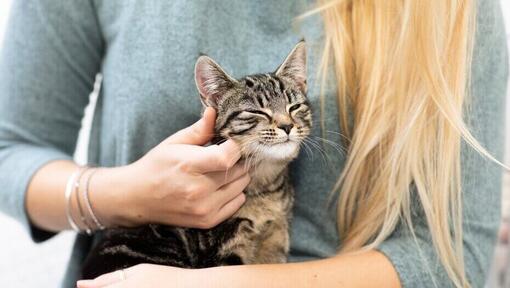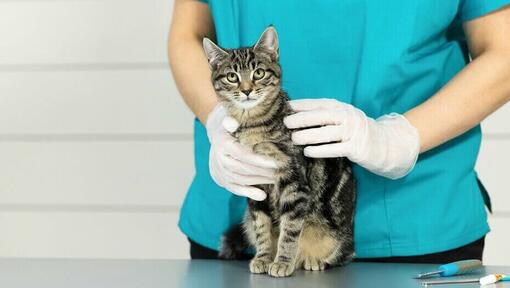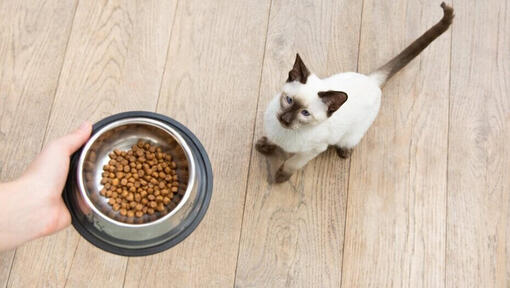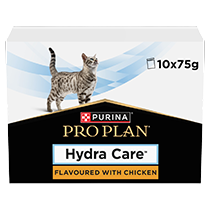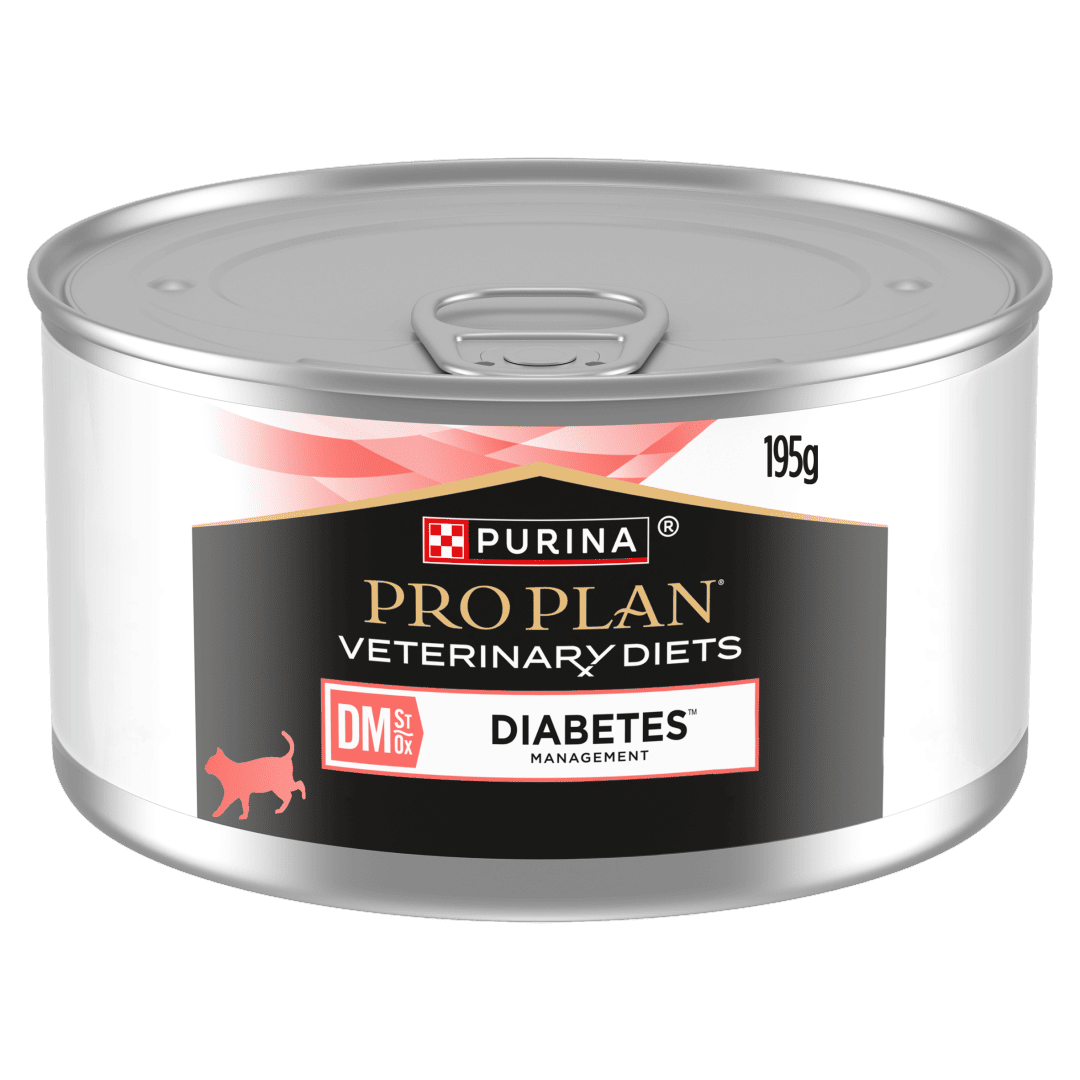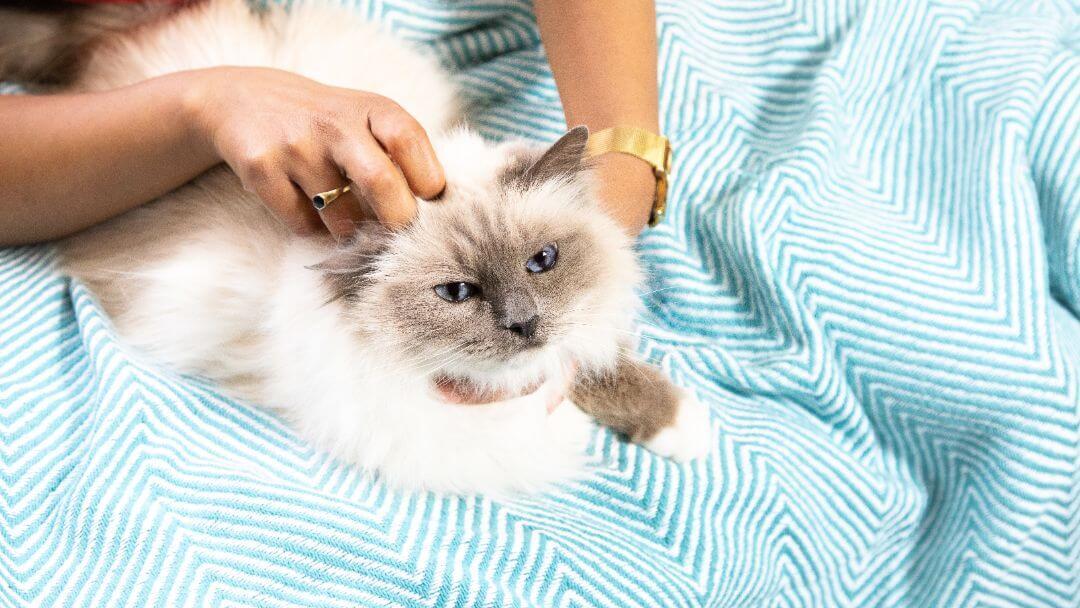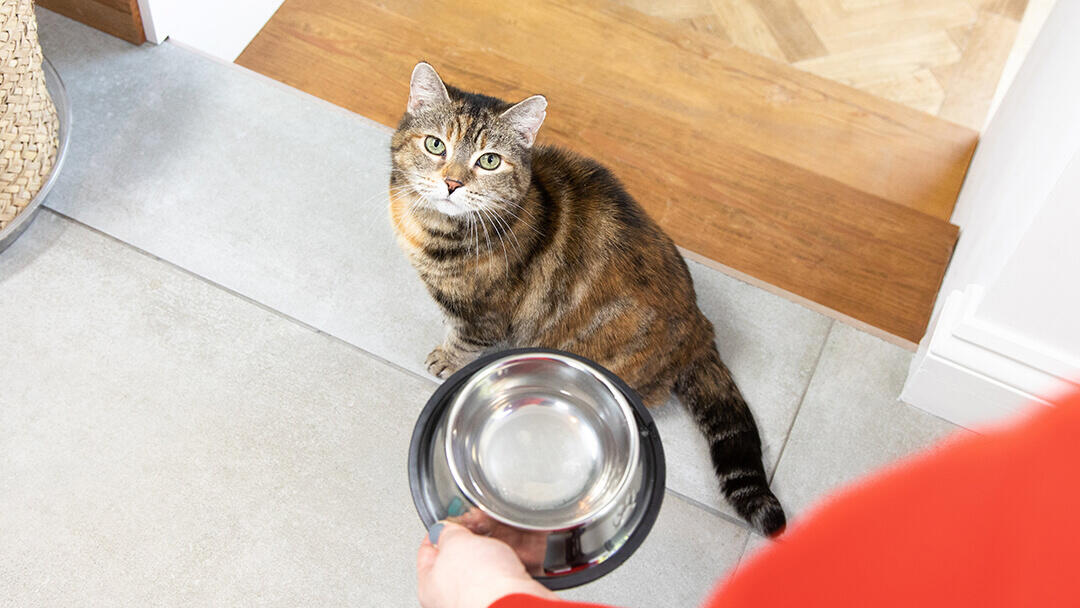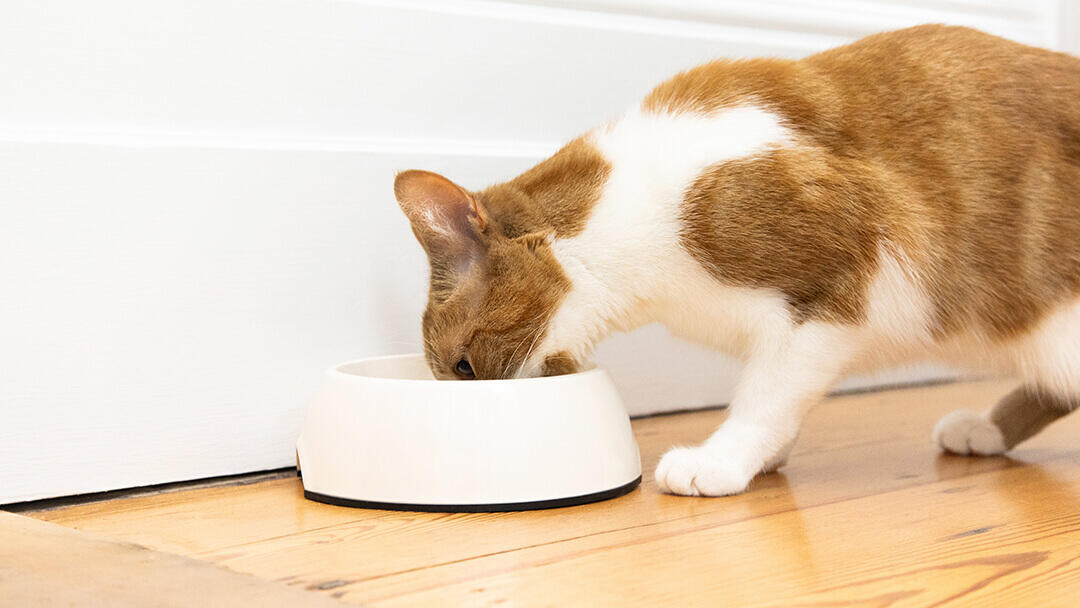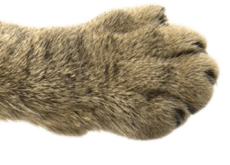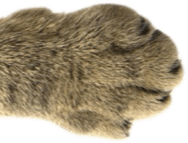

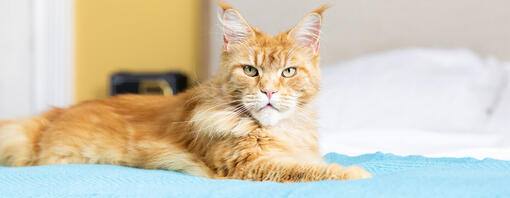
Kidney problems in cats are common, especially as they age. Cats' kidneys play vital roles in keeping them healthy - removing toxins, regulating blood pressure, and helping produce hormones for new red blood cells.
With so much to do, it’s perhaps not surprising that as cats get older, it’s quite common for their kidneys to wear out after working so hard. There are a number of causes for kidney failure, from cat kidney diseases to tumours, and these problems can be acute or chronic. Read on to learn more.
Acute kidney failure in cats
If your cat has acute kidney failure, it means that their kidneys are suddenly unable to function properly – this can be due to causes such as infection, and sometimes because your cat’s eaten something dangerous to them, such as antifreeze. Acute kidney damage in cats can either be permanent or reversible, depending on what the cause is, and how quickly it is addressed.
Chronic kidney disease in cats
Chronic kidney disease in cats is more gradual and usually develops over several months or even years. There are a number of reasons for chronic kidney disease in cats including inflammation, infections and tumours, and unfortunately by the time it’s diagnosed the kidney damage is sometimes irreversible.
In the early stages of kidney disease in cats the healthy areas of the kidney compensate for any damage by increasing their already busy workload. However, as the disease progresses, there’s less remaining healthy tissue able to carry on with vital functions, and clinical signs will become more noticeable.
Signs of kidney disease in cats
Increased urination and drinking
Recognising the signs of kidney disease in cats early can make a big difference in treatment and quality of life. While symptoms may develop gradually, some of the most common signs to watch for can include:
- Increased thirst
- Frequent urination
- Weight loss
- Decreased appetite
- Vomiting
- Bad breath (often ammonia-like)
- Lethargy
- Dull or unkempt coat
Cat kidney disease diagnosis by your vet
As part of their investigation to see if your cat has kidney disease, your vet may want to test a sample of your cats pee - this will show if your cat’s urine is being concentrated enough, whether protein is being lost in the urine and whether there are any other problems such as underlying infections to take into account. They may also do a blood test to gain a full health profile of your cat and to see if the toxin build up has had any effect on other organs.
Taking a cat urine sample
The best time to take a urine sample is first thing in the morning. You’ll need to keep your cat indoors and, as always, provide them with a clean bowl of fresh water. Replace your normal litter with a non-absorbent litter (your vet may be able to supply this) or any other non-absorbent material, like polystyrene packing shapes.
Your cat can use their litter tray as normal and you can then collect their pee either in a sterile container provided by your vet, or a clean jam jar (any residue can affect the results, so do make sure the container is very clean).
The fresher the sample, the more accurate the tests will be, so try not to delay in getting the cat urine sample to your vet.
Treatment of chronic kidney disease in cats
Depending on how severe your cat’s symptoms are, treatment for cats with kidney disease is usually a mix of medical and dietary management.
Cat kidney medication
There unfortunately is no medication that can cure kidney disease. However, your vet may be able to prescribe medication to help with associated conditions that cats with kidney failure may develop, such as high blood pressure and anaemia.
Kidney diet for cats
A special diet can help support chronic kidney disease, also called chronic renal insufficiency. Your vet may suggest a carefully tailored prescription diet that has been formulated to meet your cat's specific needs. You can be confident that your cat will benefit from a diet that provides optimum nutrition whilst also helping support their kidney function.
Some cats might take a while to adapt to a new kidney food, as it is likely to be lower in protein than their usual food. You can help by changing to the new food very, very gradually, even over a period of 3 - 4 weeks. Think of it as a long-term change, so don't give up if it takes a while. Even if your cat turns their nose up at first, which is quite likely given their sense of taste is 200,000 times more sensitive than yours, it’s important to persevere for your cat’s sake – they will come around in the end. Unless your vet says otherwise, blend the new diet thoroughly into your cat’s original diet.
While your cat’s getting used to their new regime they may prefer smaller meals more regularly rather than one or two larger meals. You’ll need to avoid giving them treats when they’re on their special cat diet, so more regular feeding might help.
You can also try to make their new cat diet more palatable by warming wet food in a microwave (never hot, warm to room/body temperature) to release aromas and soften its texture. If your cat's new diet is dry and they’re used to wet food, try soaking it briefly in tepid water to soften it slightly.
The changeover process can take anything from two to six weeks to complete, but it’s worth all the effort to help keep your cat as well as possible.
When to seek professional help?
It's essential to consult your vet if you suspect your cat has kidney problems. With the right diagnosis, kidney issues can be managed, often through a specialised diet and tailored care plan. Your vet will help guide you on the best approach to support your cat’s health, ensuring they receive the necessary treatment to maintain their quality of life. Early intervention and proper nutrition are key to managing kidney disease and helping your cat live a happy, comfortable life.
Want to learn more about keeping your cat healthy while providing the most suitable food for them? Check out our article on What Do Cats Eat? and find out more.

Explore our cat brands:
More articles by Pro Plan Vet Diets



